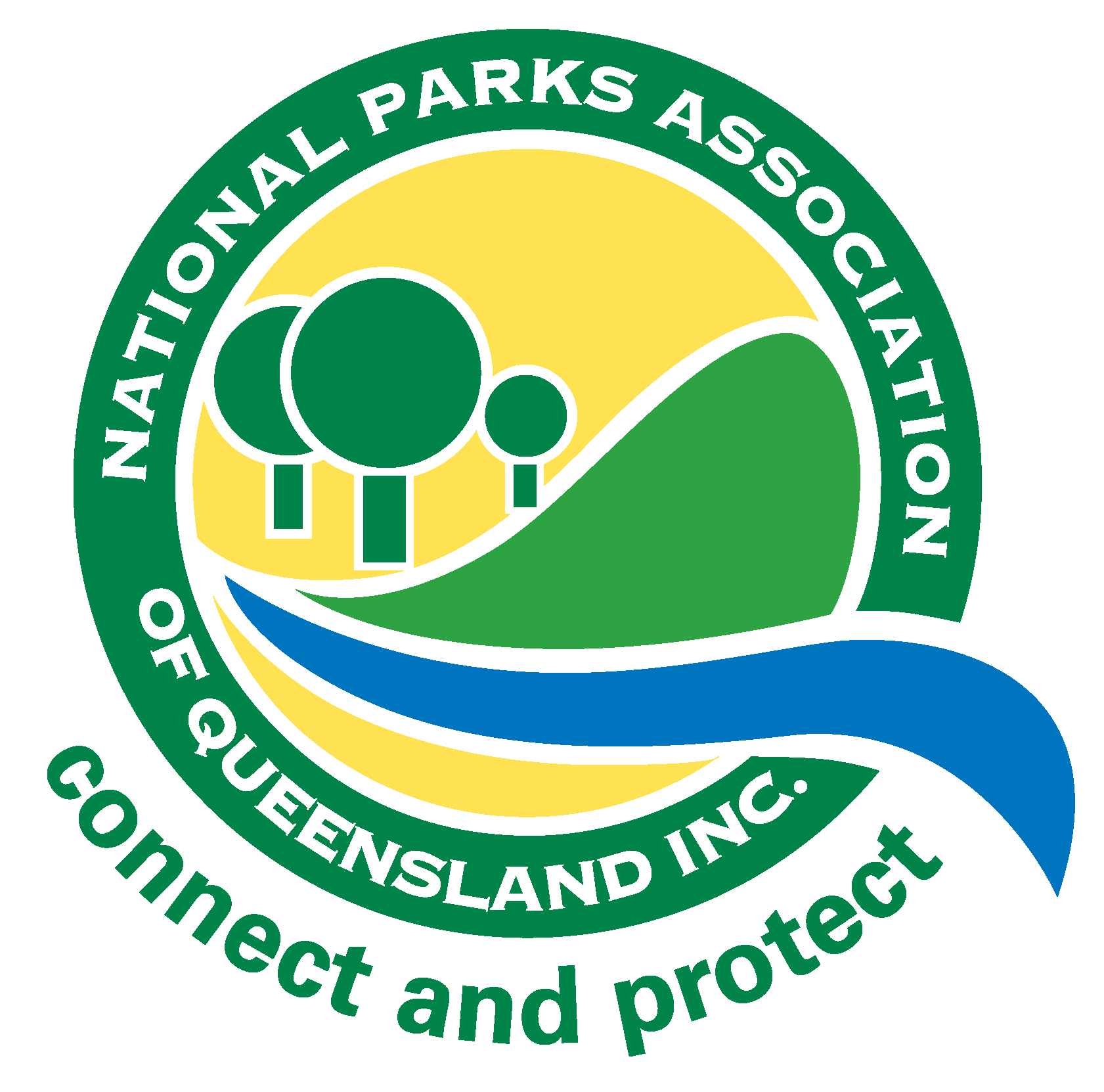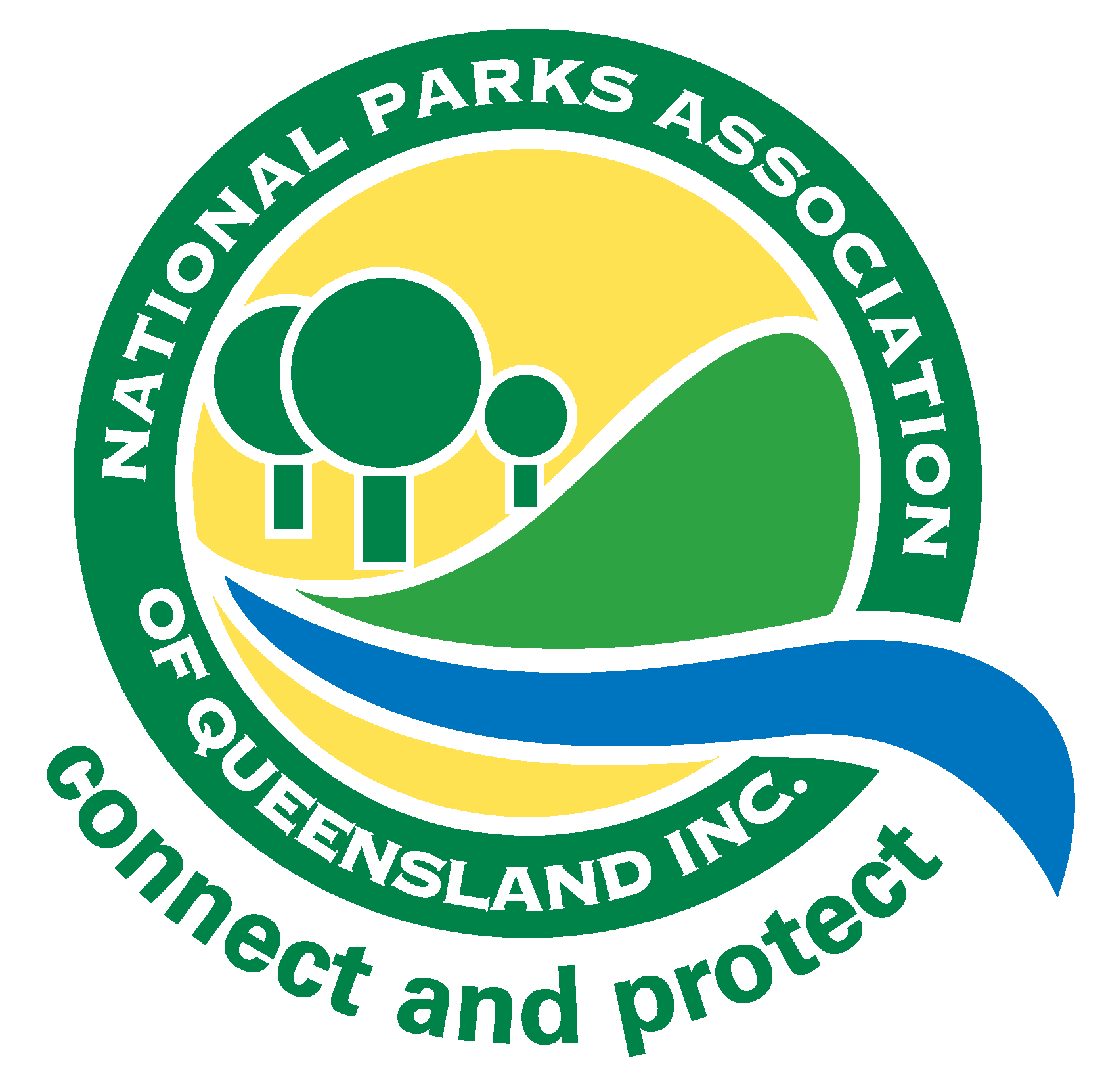Protected Magazine
NPAQ CEO Reflections
It’s been just over a year since I joined NPAQ, so I thought I’d share a few of my early reflections.
I moved to Brisbane from Adelaide in October 2022, having spent 30 years working in government. I’d never contemplated working outside of government until COVID hit. Overnight, my full-time office job turned into a full-time working-from-home job, which got me thinking about other opportunities.
What attracted me to the NPAQ CEO role was threefold: being involved with the expansion of protected areas in Queensland, working outside of government, and moving to Brisbane where my daughter lived. It just seemed like the perfect job at the perfect time, and it was! 15 months on, I can honestly say I have no regrets.

My first impression of NPAQ was of a highly regarded and long-established environmental non-government organisation, with a lot of history and achievements. The bookcase in my office held a treasure trove of memorabilia and reference material, and I felt in awe of the legacy I was now a part of. I was particularly surprised to discover just how many national parks in existence today, which are enjoyed by Queenslanders and visitors to the state, resulted from the persistence and tenacity of NPAQ and its dedicated members.
Still to date, NPAQ has members with over 60 years of association, which is nothing short of astonishing!

My next thought was of the plethora of environmental non-government organisations in Queensland and how NPAQ was going to stand out and survive. It occurred to me that NPAQ would need to find a point of difference and evolve quickly if it wanted to remain relevant in the long term. That point of difference for me is synonymous with NPAQ’s motto, “Connect and Protect”. From the formative days of Romeo Lahey and establishing Binna Burra as the gateway to Lamington National Park in the 1930s, NPAQ has been an advocate for creating national parks for both conservation and public appreciation. As a passionate outdoor enthusiast and regular national park hiker, that is a purpose that certainly resonates with me.
During my first three months as NPAQ CEO, as well as doing a lot of reading and listening, I focused on assisting the Council to develop a new, three-year strategic plan to chart a clear and purposeful way forward in the lead-up to the 2032 Olympics/Paralympics. That process was a lot easier than I had anticipated, with less bureaucracy and a simple approvals process.
That is probably my third reflection, that working outside of government is more straightforward, so you can get more done in a short space of time. That leads me to my fourth reflection, which relates to the wisdom of taking managed risks. When I joined NPAQ, there were two part-time staff and a reasonable reliance on volunteers. This kept annual expenses low but also limited NPAQ’s capacity and productivity. NPAQ’s decision to bring on a CEO effectively doubled its capacity as well as its annual expenses, without any certainty of increased revenue. NPAQ’s financial reserves were healthy at the time, due to some significant bequests over the years, which has given us time to develop a revenue strategy aimed at achieving financial sustainability by end 2024. This will put NPAQ in a much stronger position into the future.
My final reflection is about how we conduct business. While most environmental NGOs take on an adversarial role, with a focus on lobbying and campaigning, NPAQ pursues its mission via advocacy and diplomacy. Having spent 30 years working for Environment Ministers and Environment Departments, I can attest to the merits of that approach, which we have been refining over the past year. NPAQ now meets with the QPWS Executive every six weeks to discuss the implementation of the Protected Area Strategy and other matters of mutual interest. As part of those discussions, NPAQ has been negotiating a significant grant agreement to establish a Parks Connect Program in Southeast Queensland, similar to a program I used to run in South Australia. I’m confident this program will strengthen NPAQ’s point of difference and greatly assist our evolution.


